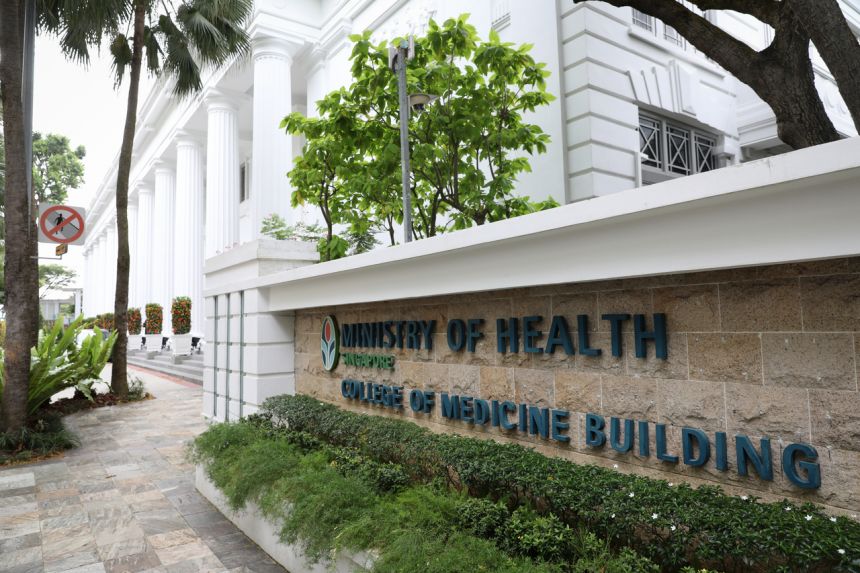MOH to allow special access to other Covid-19 vaccines through private sector to boost coverage
Sign up now: Get ST's newsletters delivered to your inbox

The authorities will allow the Special Access Route to be used for the supply of Covid-19 vaccines that have been approved by WHO to be on their Emergency Use Listing.
PHOTO: ST FILE
Follow topic:
SINGAPORE - The Ministry of Health (MOH) will allow access to other Covid-19 vaccines under the Special Access Route (SAR) in order to enhance the overall vaccination coverage.
These vaccines include the ones from Johnson & Johnson, Oxford-AstraZeneca and Sinopharm, and will be made available through the private healthcare sector.
They are already in use in other countries.
The authorities will allow the SAR to be used for the supply of Covid-19 vaccines that have been approved by the World Health Organisation (WHO) to be on its emergency-use listing (EUL).
The use of such vaccines should be according to WHO's EUL-approved indications and age groups.
Once the vaccine is included on the list, a private licensed healthcare institution can bring it in to administer to individuals in Singapore, Health Minister Ong Ye Kung, co-chair of the multi-ministry task force on Covid-19, said at a media conference on Monday (May 31).
This means that China's Sinovac vaccine, which uses traditional "killed virus" or inactivated vaccine technology, can be used here if it is on the list.
Singapore had received a shipment of the vaccine in February 2021.
"As and when the WHO approves the Sinovac vaccine under its emergency-use list, the licensed healthcare institution can apply to MOH to draw on our existing stock of 200,000 doses to administer to those who wish to have it," said Mr Ong.
The SAR is an existing process for the import and supply of unregistered medicines to address unmet medical needs in unique and special circumstances.
Such use of SAR for these unregistered pandemic vaccines will be time-limited, for the duration of the pandemic.
The vaccines by Johnson & Johnson and Oxford-AstraZena, which are viral vector vaccines, have been linked to reports of extremely rare but potentially life-threatening blood clots. The Sinopharm vaccine is an inactivated vaccine, like Sinovac.
Like all other medicines supplied under the SAR, the doctor administering the vaccine and the patient should discuss the risks and benefits of using vaccines not registered or authorised by the Health Sciences Authority and jointly make an informed decision.
Patients will also need to sign an informed consent form to acknowledge that they have discussed the vaccine with their doctor and accept all responsibility for the risks.
The Government will not subsidise vaccines administered under the SAR, and persons vaccinated under the process will not be eligible for the Vaccine Injury Financial Assistance Programme for Covid-19 Vaccination.
In another move aimed at allowing more people here to be vaccinated, MOH said it is reviewing its current position where those with known anaphylaxis are restricted from taking either of the two mRNA vaccines approved for use here.
These vaccines from Pfizer-BioNTech and Moderna are very safe and have a very high efficacy rate of 95 per cent and 94 per cent respectively. However, more than 30,000 individuals are unable to take these two vaccines due to medical reasons, said Mr Ong.
He noted that some people want alternate vaccines because of their history of anaphylaxis, which restricts them from taking mRNA vaccines.
The expert committee on Covid-19 vaccination is reviewing the restriction for those who are not allergic to the mRNA vaccine or its components, but other substances like seafood, painkiller and antibiotics.
The review will take about two weeks and is aimed at allowing more people to get the vaccine, Mr Ong said.

